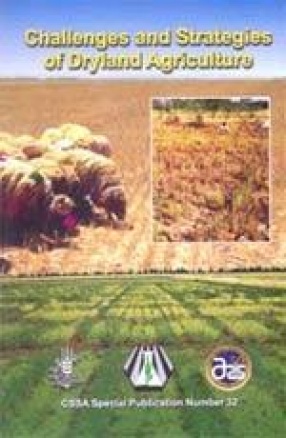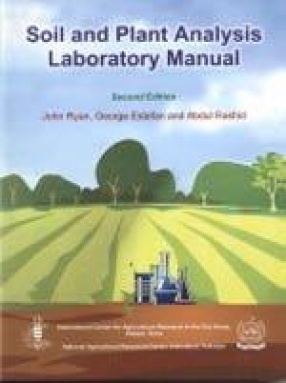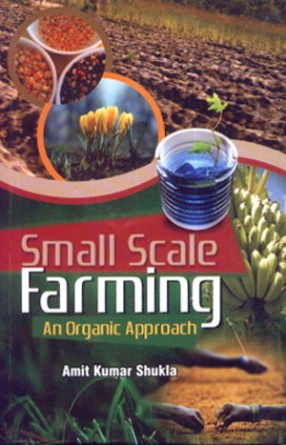The work has made remarkable progress I maintaining adequate food supplies during the past quarter century by introducing yield-increasing technologies such as better genetics, crop protection products, and more efficient use of fertilizers and irrigation. Far more people depend on irrigation in the modern world than during the times of ancient Sumeria. The spread of irrigation has been the key factor in increasing global crop yields. But future water scarcity presents the single biggest threat to future food production. The shift of water from agriculture to the growing cities and industry almost certainly will impact global food production. This means that dryland agriculture will be increasingly important in meeting food requirement for the growing population. Advances in plant genetics and agronomic conservation technologies, when considered in concert, continue to provide the greatest opportunities to achieve sustainability and profitability in Dryland agriculture and will continue to be the focus of the ARS research program. The ARS is pleased to Join the Crop Science Society of America and International center for Agriculture research in Dry Areas (ICARDA) in sponsoring a symposium "Challenges and Strategies for Dryland Agriculture" at the Tri-Societies Annual Meeting in November 2002 at Indianapolis, In. This special publication contains an impressive series of papers by an international group of experts on Dryland agricultural production, conservation, and policy. The principles, Philosophies, and technologies presented in this publication have the potential to contribute to improve food security and livelihoods for the people in Dryland regions of the world.
Challenges and Strategies of Dryland Agriculture
In stock
Free & Quick Delivery Worldwide
reviews
Bibliographic information
Title
Challenges and Strategies of Dryland Agriculture
Author
Edition
1st ed.
Publisher
ISBN
8172334559
Length
xxii+434p., Tables; Figures; Maps; References; 25cm.
Subjects






There are no reviews yet.